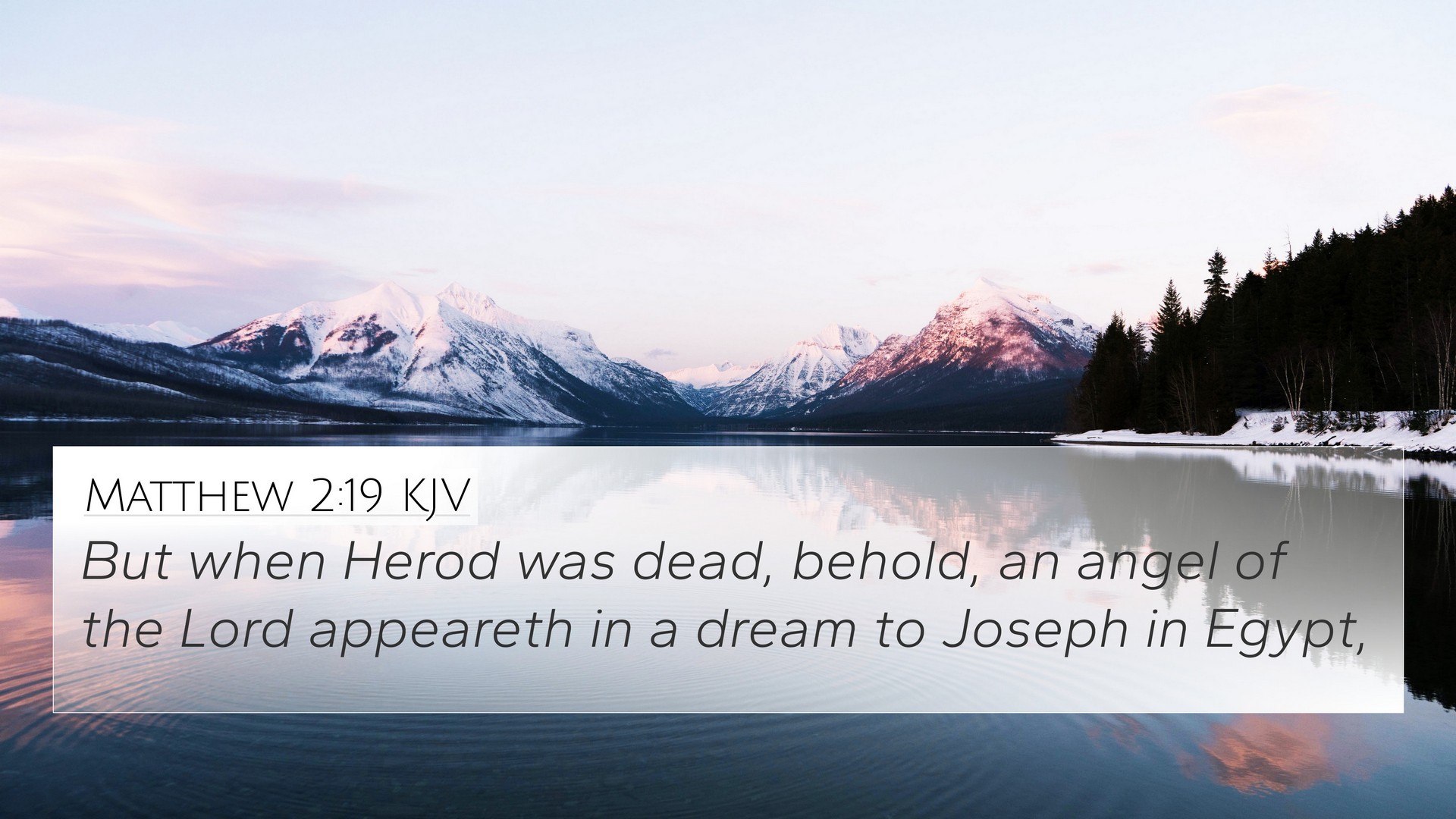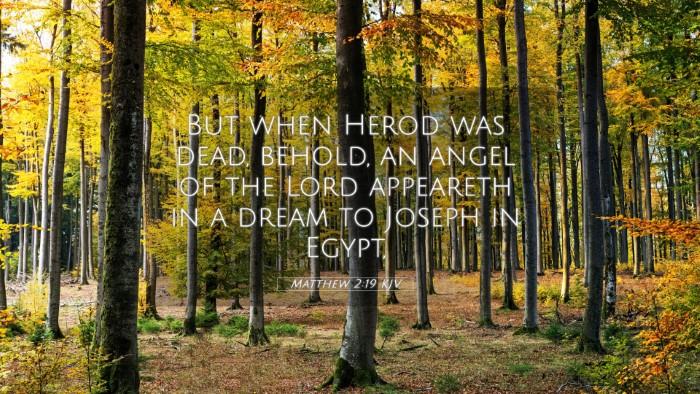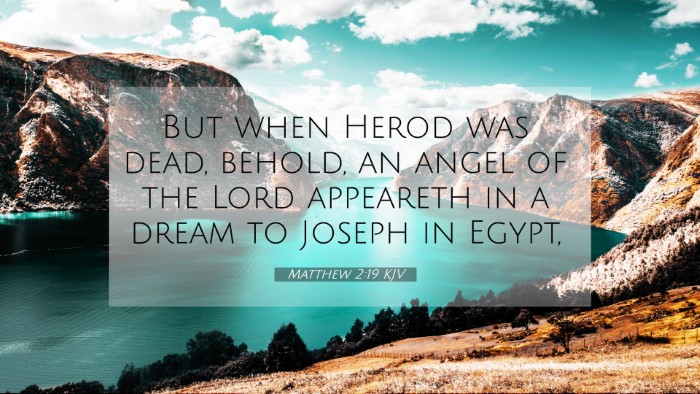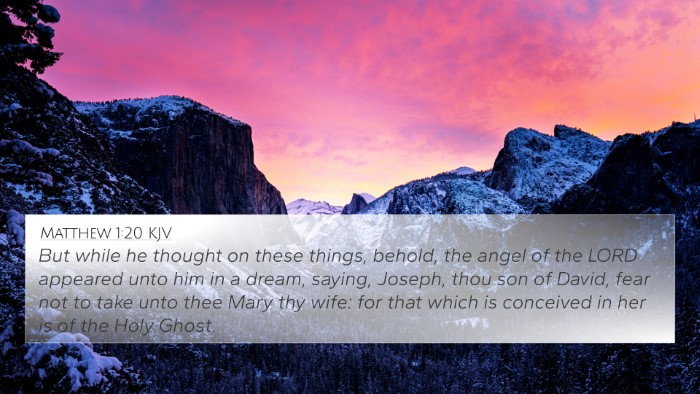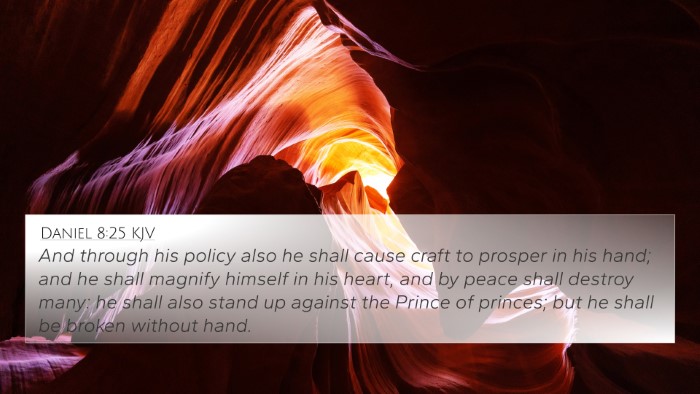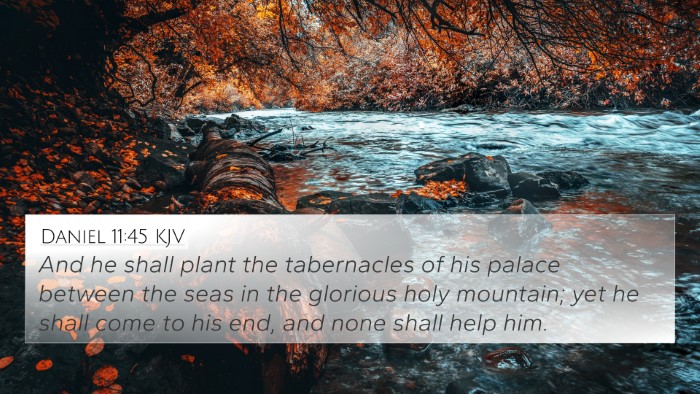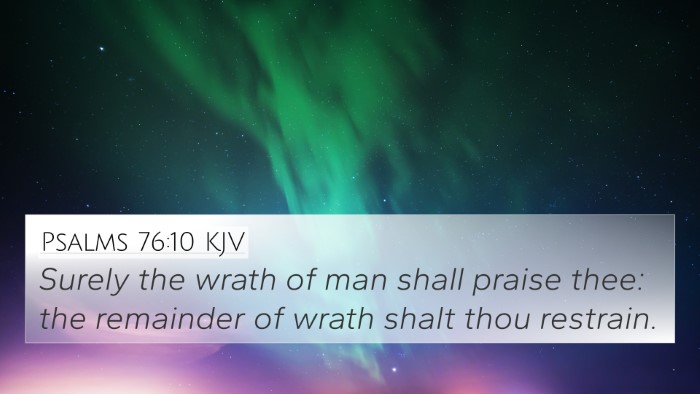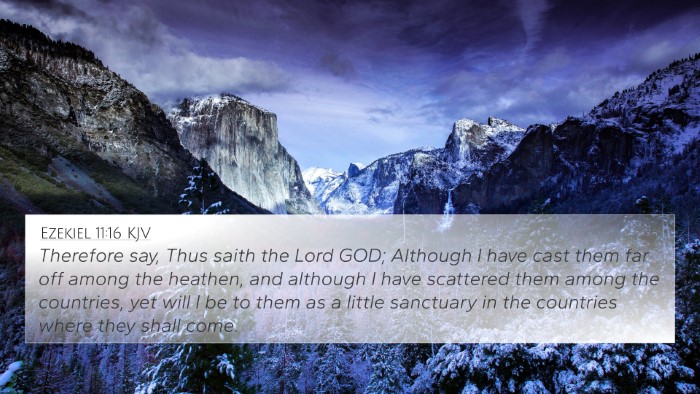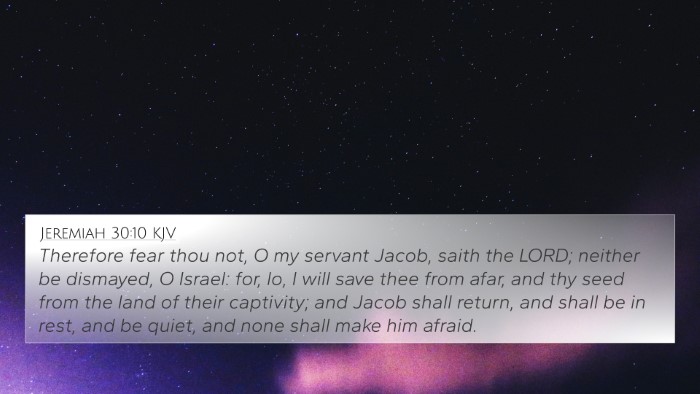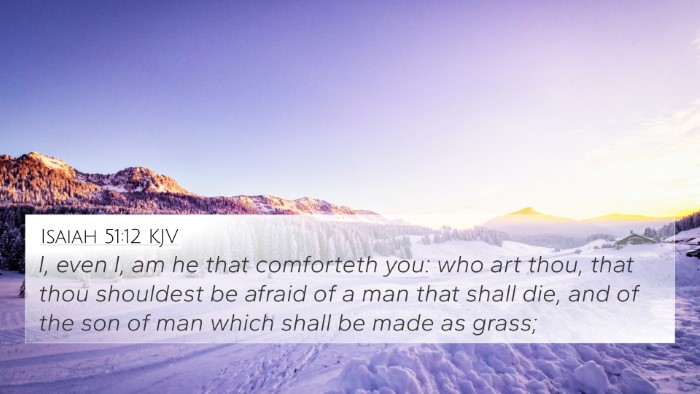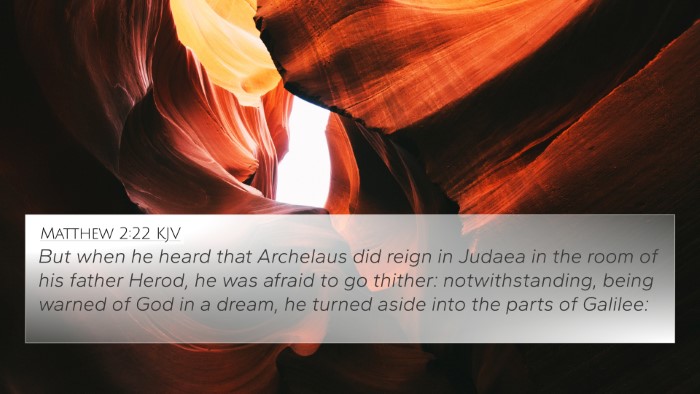Understanding Matthew 2:19
Bible Verse: Matthew 2:19 - "But when Herod was dead, behold, an angel of the Lord appeareth in a dream to Joseph in Egypt,"
Verse Meaning Summary
This verse marks a pivotal moment in the narrative of Jesus’ early life. The context involves Herod’s brutal reign and his attempts to eliminate the infant Jesus, whom he viewed as a threat to his power. The appearance of the angel to Joseph signifies divine intervention and protection.
Commentary Insights
Combining insights from well-respected public domain commentaries, we delve deeper into the meaning and implications of this verse.
Matthew Henry
Matthew Henry emphasizes the timing of the angel's message, noting that it comes after the death of Herod, illustrating that God’s timing is perfect. He suggests that this event is a fulfillment of prophecy and highlights the Lord's constant surveillance over His chosen ones.
Albert Barnes
Albert Barnes explains that the announcement came in a dream, which is common in biblical accounts of divine communication. He points out the importance of Joseph's obedience to the angel’s instruction, reflecting his faithfulness and role as the earthly guardian of Jesus.
Adam Clarke
Adam Clarke remarks on the significance of Joseph being in Egypt, implying that he was in a place of refuge—a temporary safety due to the tyrant Herod. Clarke also notes the angel's message as a sign of hope and restoration for the family.
Connections to Other Bible Verses
This verse connects with several others in both the Old and New Testaments. Here are some significant cross-references:
- Matthew 2:13: The angel warns Joseph to take his family and flee to Egypt.
- Exodus 4:19: God commands Moses to return to Egypt, paralleling the notion of divine direction in times of danger.
- Hosea 11:1: "Out of Egypt, I called my son," connecting Jesus' early life with Israel's history.
- Matthew 1:20: The angel appeared to Joseph before, affirming his divine role in the story of Jesus' birth.
- Luke 2:39: After the family's return, they fulfill the prophecy that Jesus would be a Nazarene.
- Revelation 12:5: The depiction of the Messiah as a male child meant to rule, reflecting the theme of divine protection.
- Jeremiah 31:15: The weeping of Rachel, which ties in with Herod's actions against the innocents.
- Isaiah 54:17: No weapon formed against the Lord’s chosen will prosper, asserting the spiritual protection over Jesus.
- Matthew 4:13: Jesus eventually comes back from Egypt, highlighting the full circle of His journey.
- Genesis 46:3: God's assurance to Jacob when going to Egypt for refuge, portraying a theme of divine safeguarding during trials.
Thematic Bible Verse Connections
Through these connections, we can explore various themes: divine protection, fulfillment of prophecy, obedience, and the call from danger to safety. These are vital threads that weave their way through the biblical narrative.
Tools for Bible Cross-Referencing
For those looking to study the connections between Bible verses, various tools can enhance understanding:
- Bible concordance
- Cross-reference Bible study guides
- Bible reference resources
- Bible chain references
How to Use Bible Cross-References
Understanding how to find cross-references in the Bible can broaden one’s comprehension of scripture, allowing for a more holistic view of God’s message and themes. Identifying connections between the Old and New Testaments can illuminate teachings in profound ways.
Conclusion
Matthew 2:19 is a significant example of divine intervention and the unfolding plan of God for Jesus. By studying this verse in conjunction with others, one can gain insights into the broader narrative of salvation, God’s protection, and the fulfillment of His promises throughout scripture.
